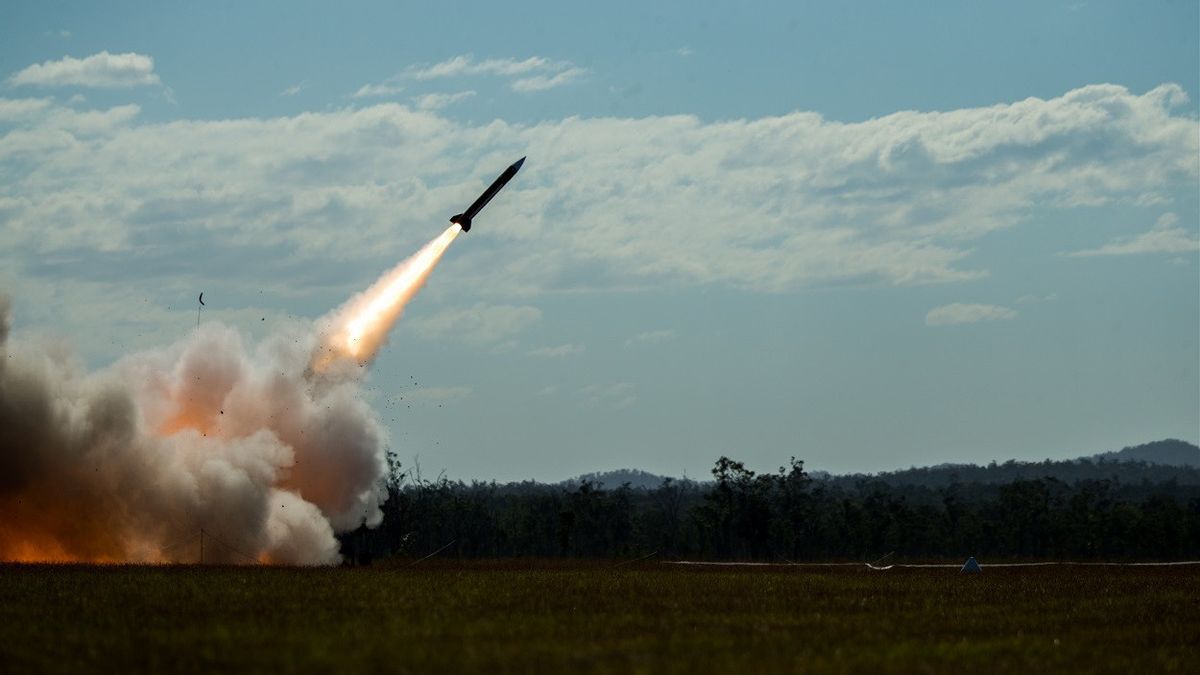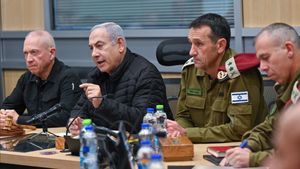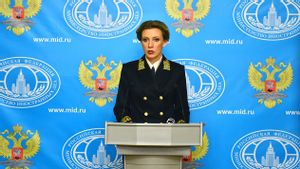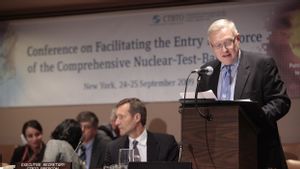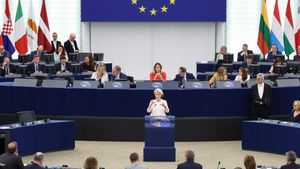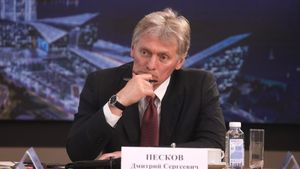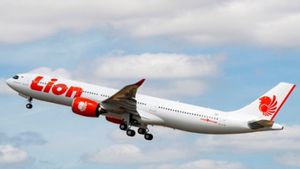Russian Ambassador to Germany Sergey Nechayev said in an interview Germany's decision to accept the deployment of US long-range missiles in its territory, Germany took on the role of NATO's main pillar in Europe, a very risky move, and something Russia would respond to.
"The arms race in Europe has taken place," he said in an interview with TASS, as quoted July 19.
The United States said in a joint statement on July 10 that Washington would place its long-range missiles in Germany by 2026, as part of its commitment to NATO and Europe's defense, the two countries said in a statement.
"The joint statement by the United States and Germany is just another confirmation of Washington's destabilizing policy after America irresponsibly damaged the INF regime (Middle-Range Nuclear Power Agreement), which they left unilaterally in 2019," the diplomat said.
"Germany, without hesitation in supporting the White House's policies, played a role as the main pillar of NATO in Europe, despite real military and political risks," Nechayev continued.
Yesterday, German Defense Minister Boris Pistorius said the deployment of US missiles in his country was a response to the deployment of the Iskander tactical missile system in Russia's Kaliningrad Region.
"What the United States will do in Germany from 2026 is nothing but a response to the Russian threat represented by the deployment of the Iskander missile in Kaliningrad," however, although the location of the deployment has not yet been determined.
According to Ambassador Nechayev, "These measures will receive the right response from Russia."
"For us, we continue to explain how destructive this action is to undermine regional and strategic security foundations," he said.
"We are seeing the decision to establish a NATO hub in Wiesbaden to coordinate military aid to Ukraine is on the same track," the ambassador added.
Meanwhile, Russian Deputy Foreign Minister Sergei Ryabkov said on Thursday Russia would do everything it could to push back threats against its territory in response to plans to deploy US long-range missiles in Germany, including not ruling out the possibility of deploying nuclear missiles.
"I did not rule out the possibility," he said, when asked if Russia could deploy nuclear missiles in response to the deployment of US missiles in Germany.
The Interfax news agency quoted Ryabkov as saying the defense of Russia's Kaliningrad region, flanked by members of NATO Poland and Lithuania, was a special focus.
Furthermore, Nechayev also pointed out that Germany is also trying to play a major role in Europe in supporting the Kiev regime.
"Germany seeks to risk its main role in supporting the Kyiv criminal regime; Germany remains the main sponsor and coordinator of Europe to arm the Ukrainian armed forces," the diplomat said.
This line, he said, was "equipped with Berlin's claim to its leadership in strengthening NATO's 'east side', including not only the Baltic, but also the northern dimension, being the main logistics hub in the event of a mass deployment of NATO troops to Russia's borders."
SEE ALSO:
"The German establishment is now shaking the military and military industry policies as well as public awareness," Nechayev pointed out.
"What are the consequences it can cause? This question must be raised to the political establishment of Germany," he added.
It is known that the missiles planned by Russia and the United States to deploy are medium-range ground weapons banned under the 1987 US-Soviet agreement. The US left the agreement in 2019, accusing Russia of a violation Moscow denies.
The English, Chinese, Japanese, Arabic, and French versions are automatically generated by the AI. So there may still be inaccuracies in translating, please always see Indonesian as our main language. (system supported by DigitalSiber.id)
